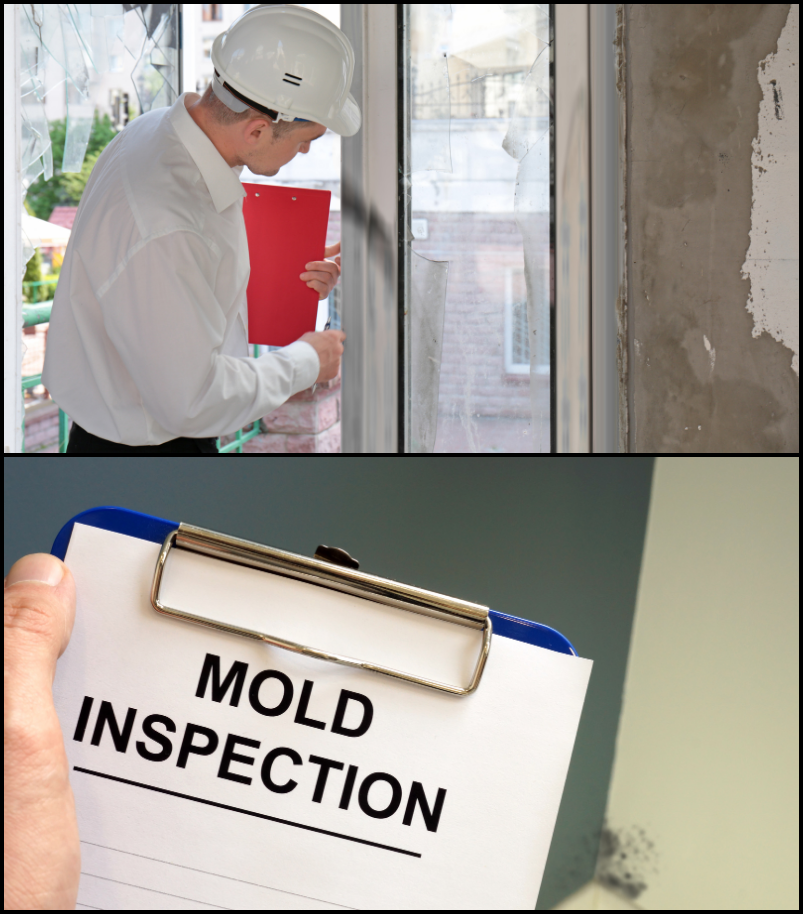Mold Testing in Kings Park


The Importance of Mold Testing On Long Island
Professional Mold Inspection in Kings Park
Residential
Commercial
Kings Park, located on the North Shore of Long Island in Suffolk County, is a charming hamlet known for its small-town feel, scenic beauty, and rich history. With a population of around 17,000, Kings Park offers a peaceful, suburban lifestyle with a close-knit community. It’s conveniently located near major roadways like the Long Island Expressway and Sunken Meadow Parkway, offering easy access to neighboring towns and New York City. The local economy in Kings Park is supported by a variety of small businesses, shops, and local services. The hamlet’s quaint downtown area is home to family-owned restaurants, cafes, and boutiques, contributing to its friendly, neighborhood atmosphere. Kings Park is also home to several professional and healthcare services, reflecting its growth as a residential and family-oriented community.
Kings Park enjoys a typical Long Island climate, with warm summers and cold winters, providing opportunities for year-round outdoor activities. One of the most notable landmarks is Sunken Meadow State Park, which offers stunning views of Long Island Sound, sandy beaches, hiking and biking trails, and picnic areas. Residents can also enjoy Sunken Meadow Golf Course, one of the most scenic golf courses on the island. Nearby Nissequogue River State Park offers additional recreational activities, including kayaking, canoeing, and fishing along the Nissequogue River. Kings Park is steeped in history, most notably as the former site of Kings Park Psychiatric Center, which played a significant role in the community’s development. While the facility has since closed, its grounds are now part of Nissequogue River State Park, and the old buildings have become a point of interest for history buffs and photographers. This blend of historic significance and modern-day natural beauty gives Kings Park a unique character.
Our Mold Testing Services in Kings Park
Our testing and inspection process includes the following steps:
Visual Mold Inspection:
Identifying any visible signs of mold growth.
Air Quality Testing:
Detecting mold spores in the air to assess indoor air quality.
Surface Testing:
Collecting samples from surfaces to confirm mold presence.
Moisture Mapping:
Pinpointing areas of potential water damage that may lead to mold growth.
Why Choose Long Island Mold Testing
Certified and Experienced
Local Experts
Fast & Reliable Service
Health-Focused Approach
FAQs
1. What is mold testing?
Mold testing involves inspecting a property for the presence of mold by collecting air or surface samples and analyzing them in a laboratory to determine if harmful mold is present and at what levels.
2. Why is mold testing important?
Mold testing helps identify hidden mold growth that can cause health issues, property damage, and decreased indoor air quality. It allows homeowners to take prompt action to remove mold and prevent further problems.
3. How do I know if I need mold testing?
If you notice visible mold, experience a musty odor, or suspect water damage (e.g., from flooding or leaks), mold testing is recommended. It’s also a good idea after purchasing a home, following major storms, or if household members experience unexplained health issues.
4. What types of mold are commonly found in homes?
Some common molds found in homes include Stachybotrys (black mold), Penicillium, Aspergillus, and Cladosporium. Testing can determine the specific types of mold present and assess the risks they may pose.
5. How is mold testing performed?
Mold testing typically involves collecting samples from the air, surfaces, or materials in your home. These samples are then analyzed in a lab to identify the types of mold present and their concentrations.
6. How long does mold testing take?
The actual testing process usually takes a few hours, but receiving lab results can take anywhere from 24 hours to a few days, depending on the type of testing and the laboratory used.
7. How much does mold testing cost?
The cost of mold testing varies depending on the size of the property, the extent of testing required, and the types of tests performed. Prices typically range from $300 to $600, but more comprehensive testing can cost more.
8. What should I do if mold is detected in my home?
If mold is found, you should contact a professional mold remediation company to safely remove it. It’s important to address the underlying cause of the mold (such as water leaks or high humidity) to prevent future growth.
9. Can I test for mold myself?
There are DIY mold testing kits available, but they may not be as reliable as professional testing. Professional mold inspectors are trained to locate hidden mold and provide more accurate assessments of the extent of the issue.
10. How can I prevent mold growth in my home?
To prevent mold growth, control indoor humidity levels, repair leaks promptly, ensure proper ventilation (especially in bathrooms and kitchens), and clean and dry areas affected by water damage as soon as possible.
11. Is all mold dangerous?
Not all mold is harmful, but certain types of mold can cause health issues, especially for individuals with allergies, asthma, or weakened immune systems. Professional testing can help determine if the mold in your home poses a risk.
12. How often should mold testing be done?
Mold testing should be done after water damage, if mold is visibly present, when moving into a new home, or if you notice unexplained health symptoms. Otherwise, periodic testing every few years can ensure your indoor air quality remains safe.